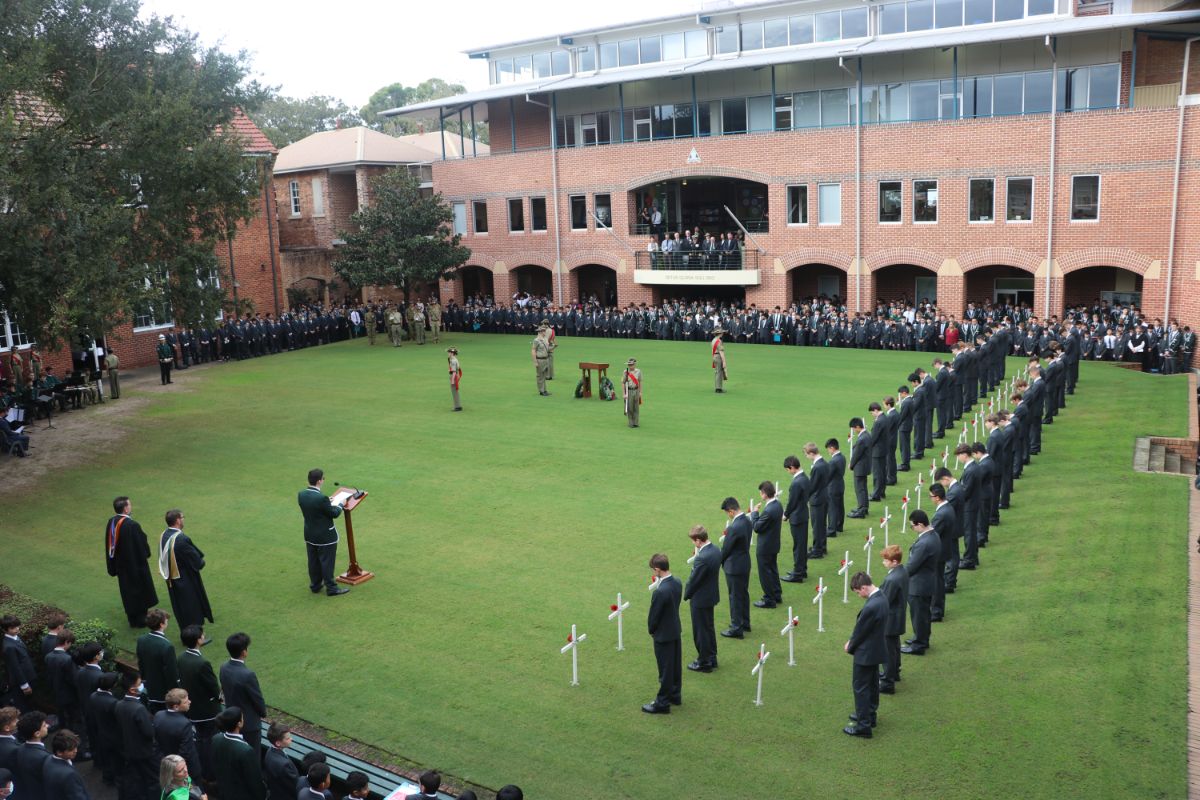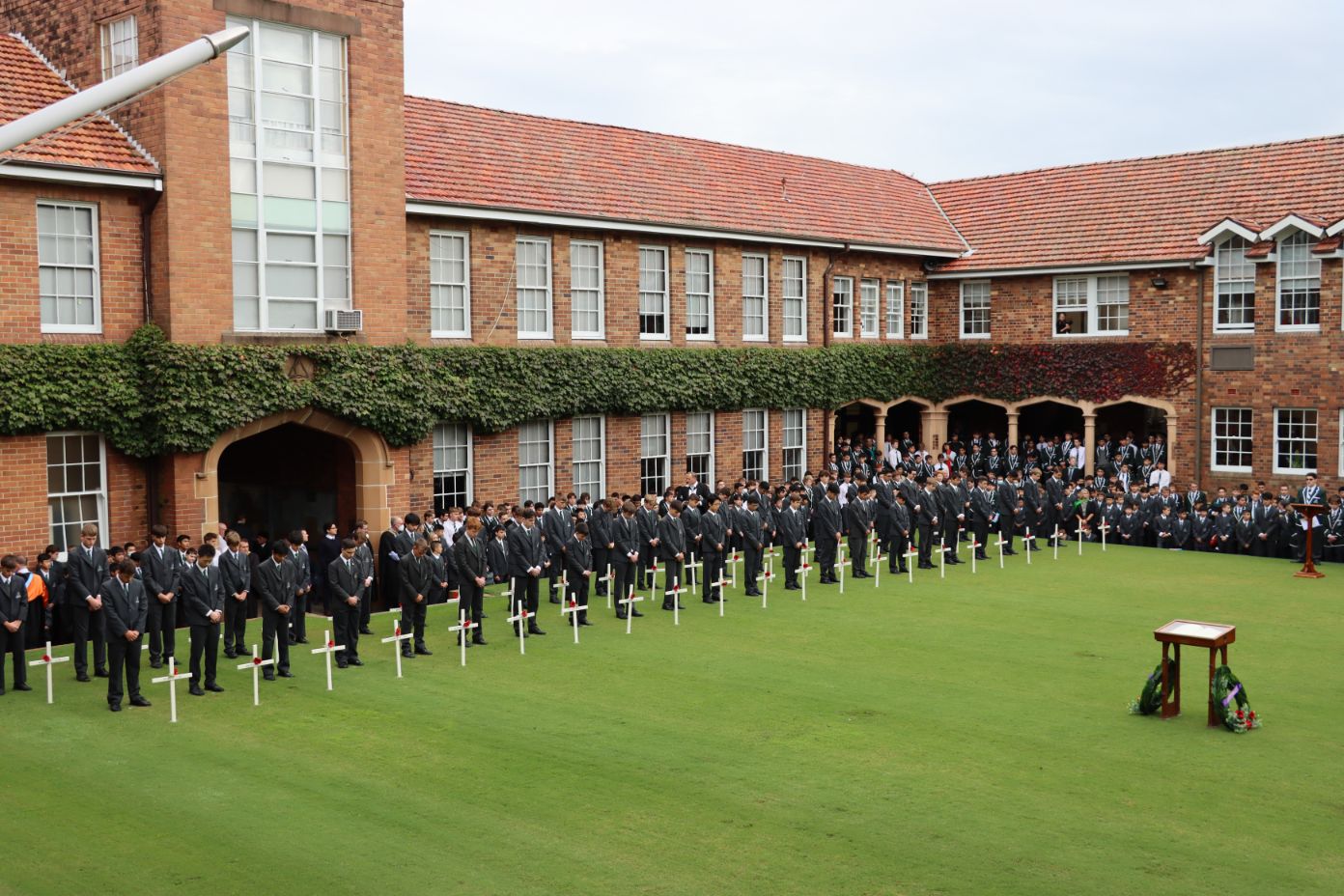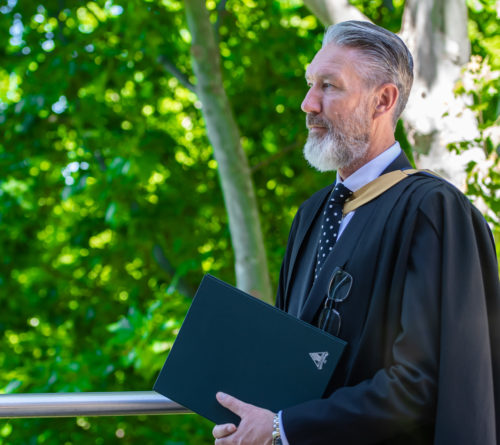From the Deputy Head Master – Summer Hill
They shall not grow old, as we that are left grow old;
Age shall not weary them, not the years condemn.
When war broke out in 1914 Australia had been a federated nation for only 13 years, and when Britain declared war in August 1914 Australia was automatically placed on the side of the Commonwealth. In 1915 Australian and New Zealand soldiers formed part of the expedition that set out to capture the Gallipoli peninsula and open the Dardanelles to the allied navies. The ultimate objective was to capture Constantinople (now Istanbul), the capital of the Ottoman Empire.
The Australian and New Zealand forces landed on Gallipoli on 25 April, meeting fierce resistance from the Ottoman Turkish defenders. What had been planned as a bold stroke to knock Turkey out of the war quickly became a stalemate, and the campaign dragged on for eight months. By the end of 1915, the allied forces were evacuated from the peninsula, with both sides having suffered heavy casualties and enduring great hardship. More than 8,000 Australian soldiers had died in the campaign. Gallipoli had a profound impact on Australians at home, and 25 April soon became the day on which Australians remembered the sacrifice of those who died in the war.
Although the Gallipoli campaign failed in its military objectives, the actions of Australian and New Zealand forces during the campaign left a powerful legacy. What became known as the ANZAC legend became an important part of the identity of both nations, shaping the ways in which they viewed both their past and their future.
In 1916 the first ANZAC Day commemorations were held on 25 April. The day was marked by a wide variety of ceremonies and services across Australia, a march through London, and a sports day in the Australian camp in Egypt. In London more than 2,000 Australian and New Zealand troops marched through the streets; a London newspaper headline dubbed them “the knights of Gallipoli”. Marches were held all over Australia; in Sydney, convoys of cars carried soldiers wounded on Gallipoli and their nurses. For the remaining years of the war ANZAC Day was used as an occasion for patriotic rallies and recruiting campaigns, and parades of serving members of the Australian Imperial Force were held in most cities.
During the 1920s Anzac Day became established as a national day of commemoration for the more than 60,000 Australians who had died during the war. In 1927, for the first time, every state observed some form of public holiday on Anzac Day. By the mid-1930s all the rituals we now associate with the day – dawn vigils, marches, memorial services, reunions, two-up games – were firmly established as part of Anzac Day culture.
Later, Anzac Day also served to commemorate the lives of Australians who died in the Second World War, and in subsequent years the meaning of the day has been further broadened to include those who lost their lives in all the military and peacekeeping operations in which Australia has been involved.
Each year at Trinity we commemorate ANZAC with a solemn ceremony on the Quadrangle. The names of the Trinity Grammar School fallen are recited and a cross commemorating each one is placed on the lawn, a page of the Book of Remembrance is turned, the Last Post is played, the flag is lowered to half-mast and the Ode to the Fallen is recited.
The Chapel stands as a memorial to these young men who gave their lives in the service of their country.
These gave their lives … so go forward that men shall ever say, “it was not in vain”.
- Richard Angus Beale
- Doric Phillip Birk
- Hilary Eldred Birk
- John Murdoch Campbell
- Paul Ernest Clinch
- Ronald Vivian Coghlan
- Walter Stuart Cook
- Reginald Graham Crane
- Lance Dixon Crowther
- John Edward Estell
- Allan John Farrar
- Norman James Folkes
- Francis Edwin Gould
- Winston Grundy
- Gordon Leonard Heath
- Allan William John Hunt
- Kenneth Herbert Allenby Kirkland
- John Ledgerwood, (known as Jack)
- Frank Thomas Lobb, (known as Tom)
- John Cameron Lowe
- Philip Osborne Marshall
- Graeme Morrison Miller
- John Michael Stuart Mullens
- Keith Percival Squire O’Donnell
- Creighton Carlyle Ogilvie
- Russell Bradburn Polack
- Malcolm Jack Ritchie
- David Edward William Roxburgh
- Merton Nelson Short
- Francis Burton Smith, (known as Peter)
- John Souter, (pronounced Soooter)
- Pearce Robert Sutton
- Samuel Dean Swift
- Kenneth John Taubman
- Bruce Alexander Templeman
- Neville Lloyd Thornley
- Adrian Francis Falconer Try
- Geoffrey Meyer White
- James Robert Whittaker
- Henry Vincent Fancourt Wilkinson
- Arthur Edwin Whitham
- Thomas Kenneth Wright
- Dennis Hampton Bracewell
- John Norman Moffitt
At the going down of the sun, and in the morning, we will remember them.
Lest we forget.


Bradley Barr | Deputy Head Master – Summer Hill















